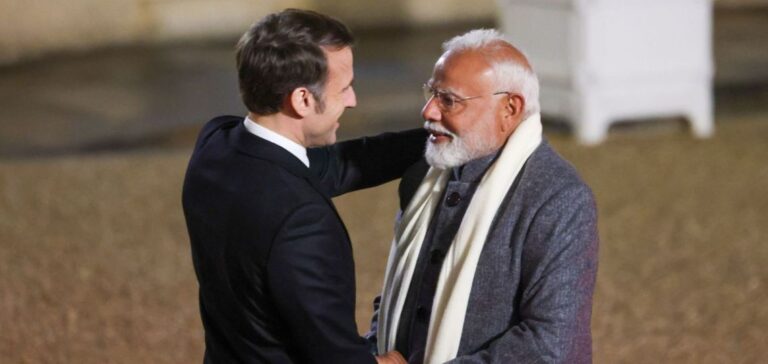Energy cooperation between France and India is intensifying with the visit of Indian Prime Minister Narendra Modi to Marseille alongside President Emmanuel Macron. At the heart of discussions are the ITER nuclear fusion program and the establishment of a collaboration on small modular reactors (SMRs), a key area of innovation for the future of civil nuclear energy.
ITER and the France-India Commitment to Nuclear Fusion
The construction of the ITER experimental nuclear fusion reactor, located in Saint-Paul-lès-Durance, symbolizes international cooperation in energy. India plays an active role, bringing its expertise and resources to this project, which aims to demonstrate the feasibility of nuclear fusion as a clean and abundant energy source. The visit to the site by the two leaders could mark a new phase of technical and financial collaboration between Paris and New Delhi.
Small Modular Reactors, a Joint Development Focus
Beyond fusion, France and India are exploring opportunities in the development of small modular reactors (SMRs). These low-power reactors, more flexible and less costly than traditional nuclear plants, are seen as a promising solution for diversifying the energy mix and meeting the needs of remote regions. France, through its specialized civil nuclear groups, could bring its expertise to India to help structure this emerging sector.
Investments and Energy Infrastructure
The visit to CMA CGM’s headquarters in Marseille also highlights the prospects for logistical and energy cooperation between the two nations. The Imec corridor project, linking Europe to India via the Middle East, is seen as a lever to facilitate trade and energy exchanges. The French government aims to mobilize investments in the port and energy sectors to strengthen this strategic infrastructure.
An Expanding Economic and Strategic Partnership
The rapprochement between France and India is not limited to the energy sector. Negotiations are underway for the sale of Rafale fighter jets and Scorpène submarines to the Indian navy, illustrating a broader strategic convergence. By bringing Narendra Modi to his city of heart, Emmanuel Macron reaffirms the importance of this bilateral relationship, which is part of a vision of independence and diversification of geopolitical alliances.





















